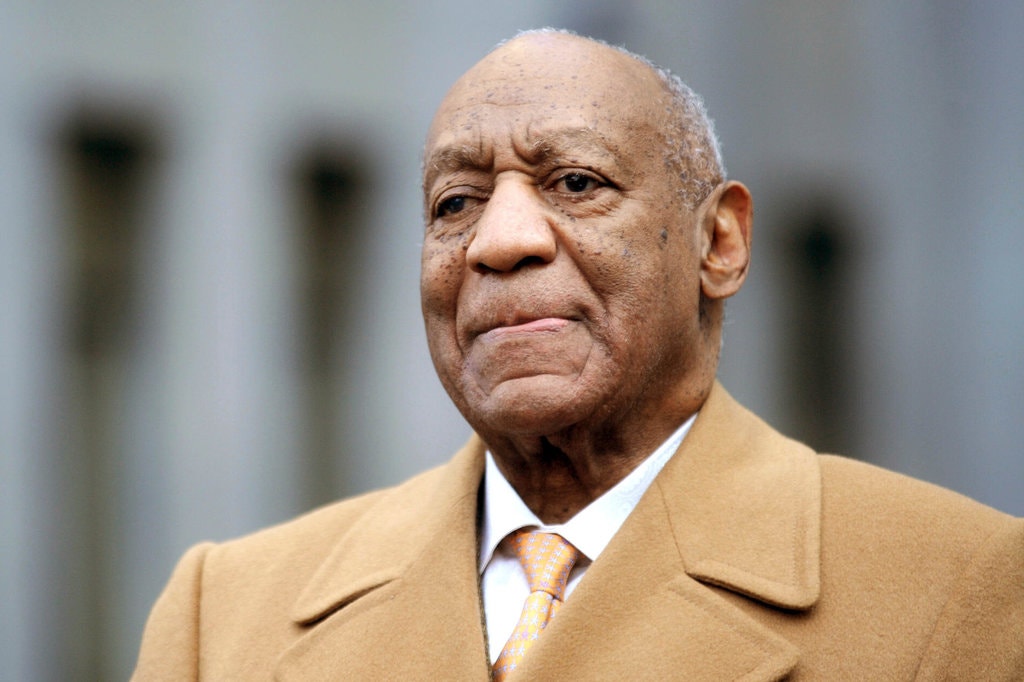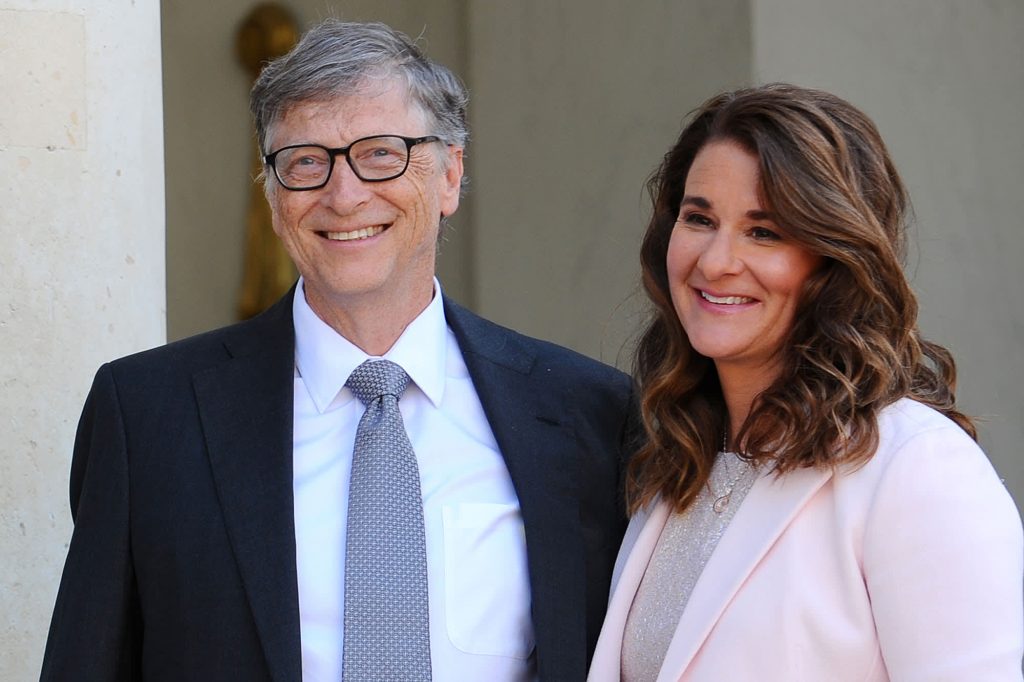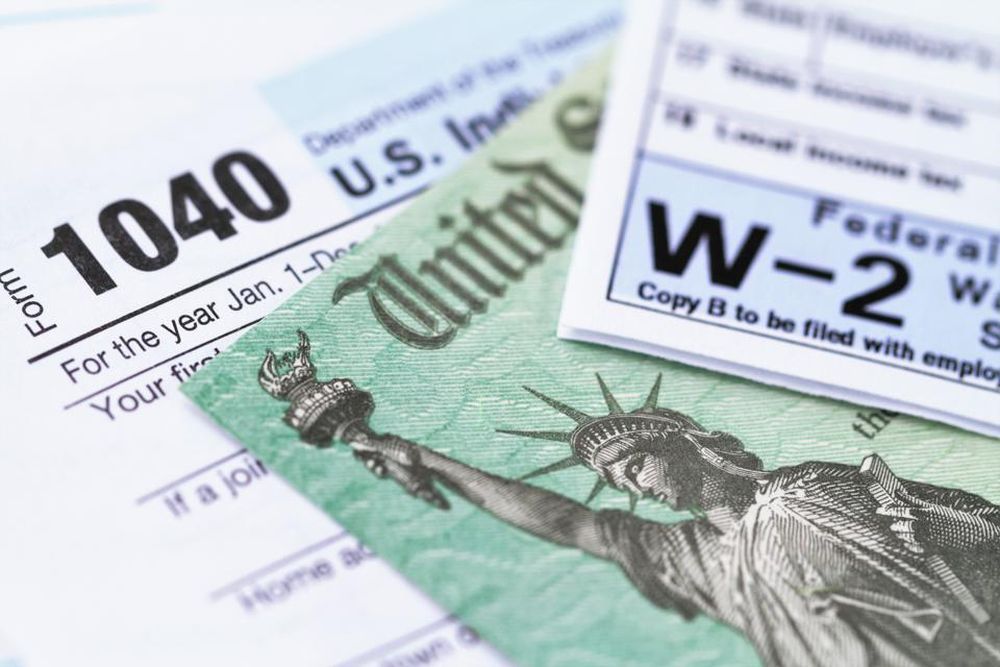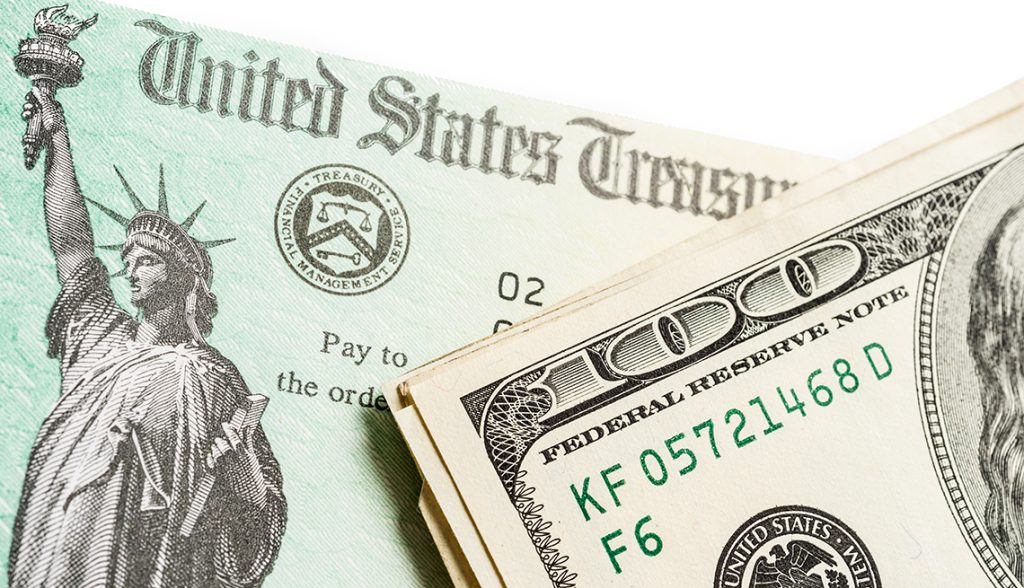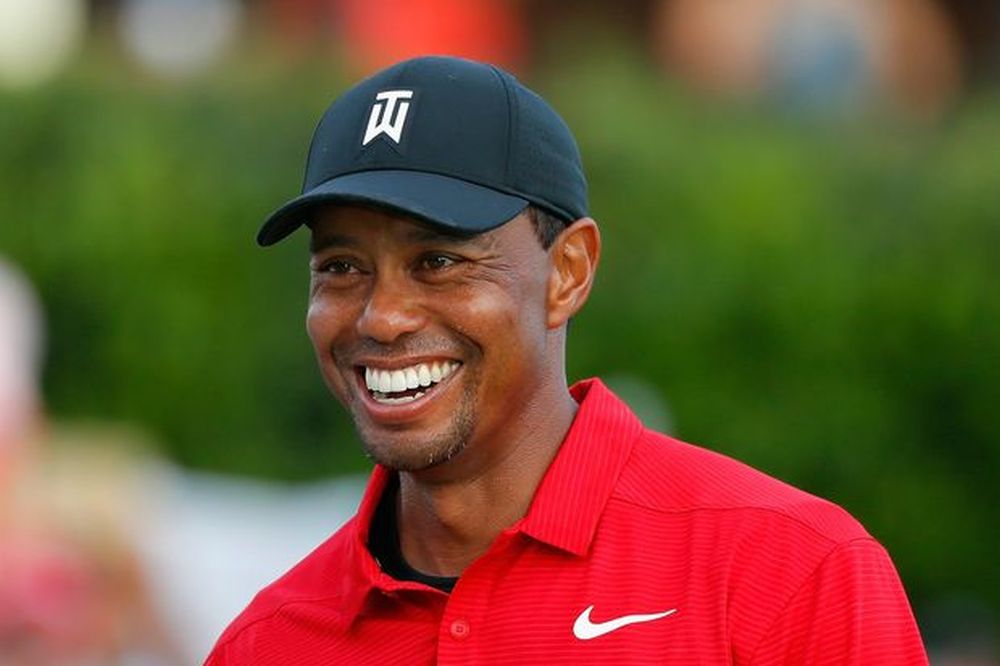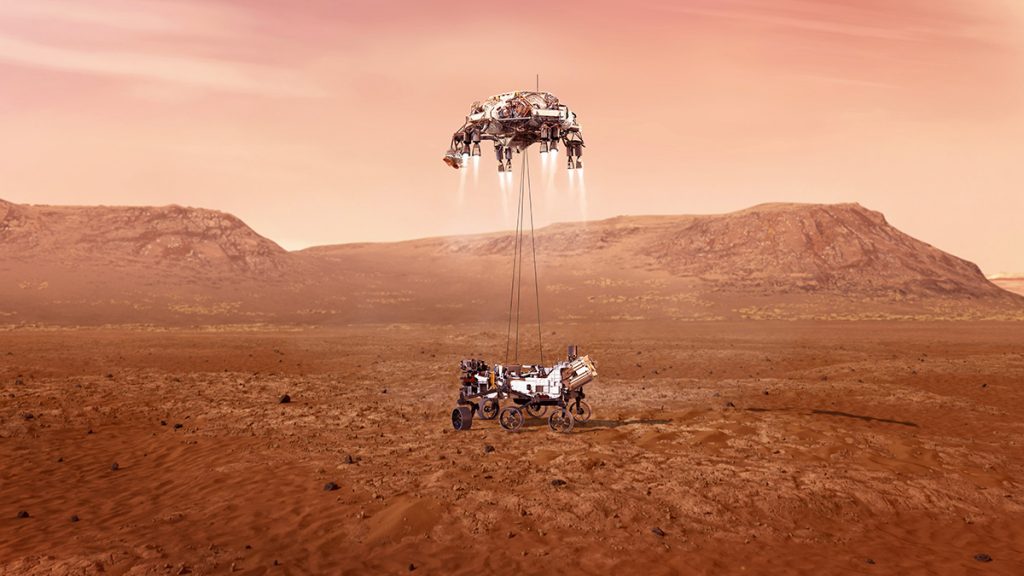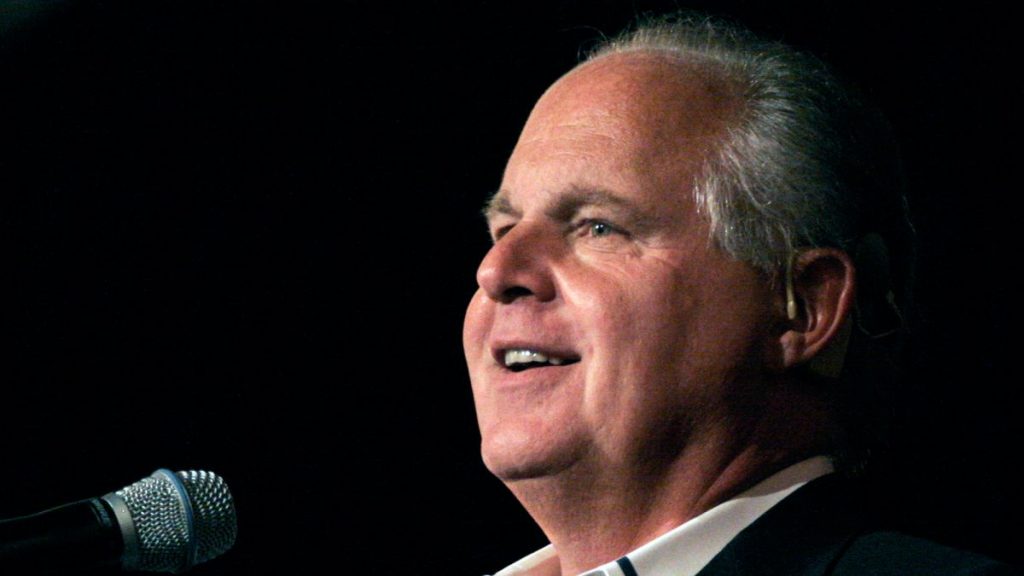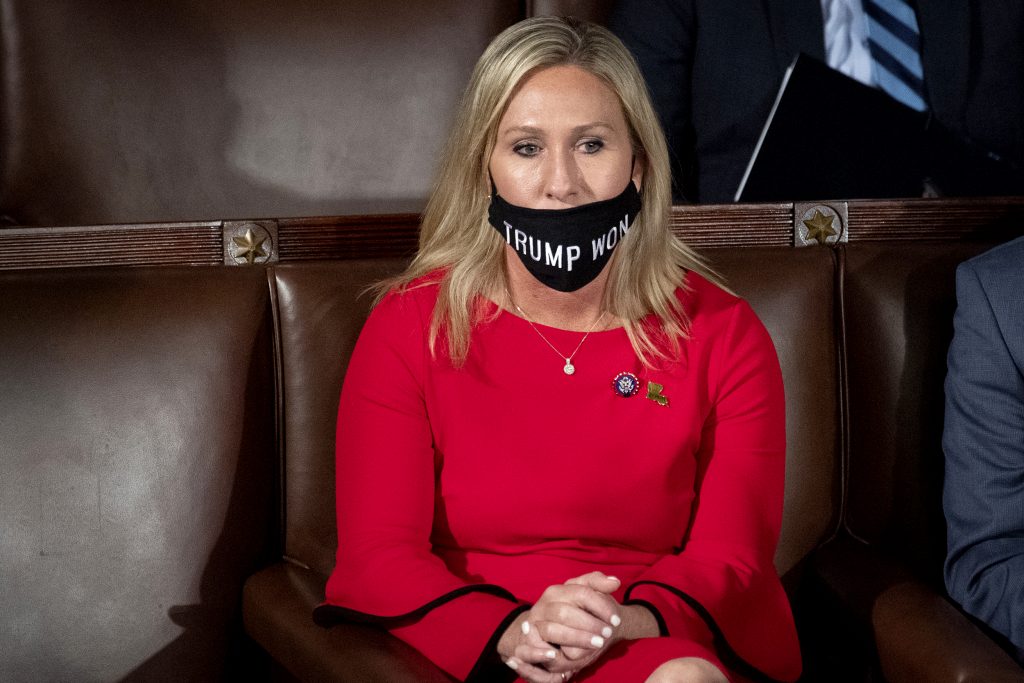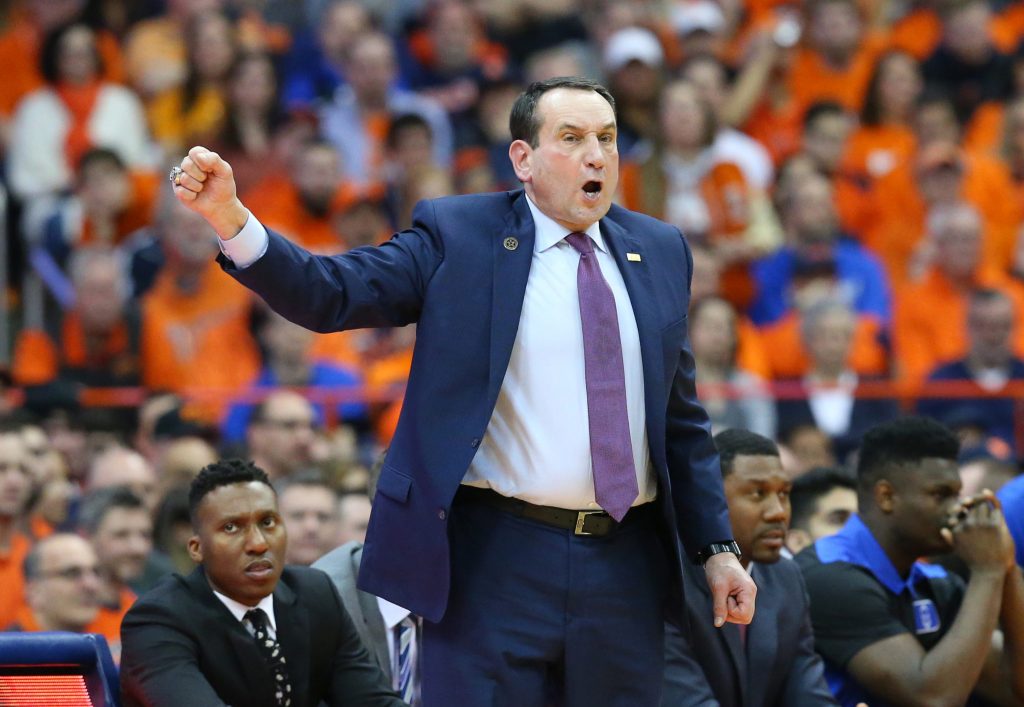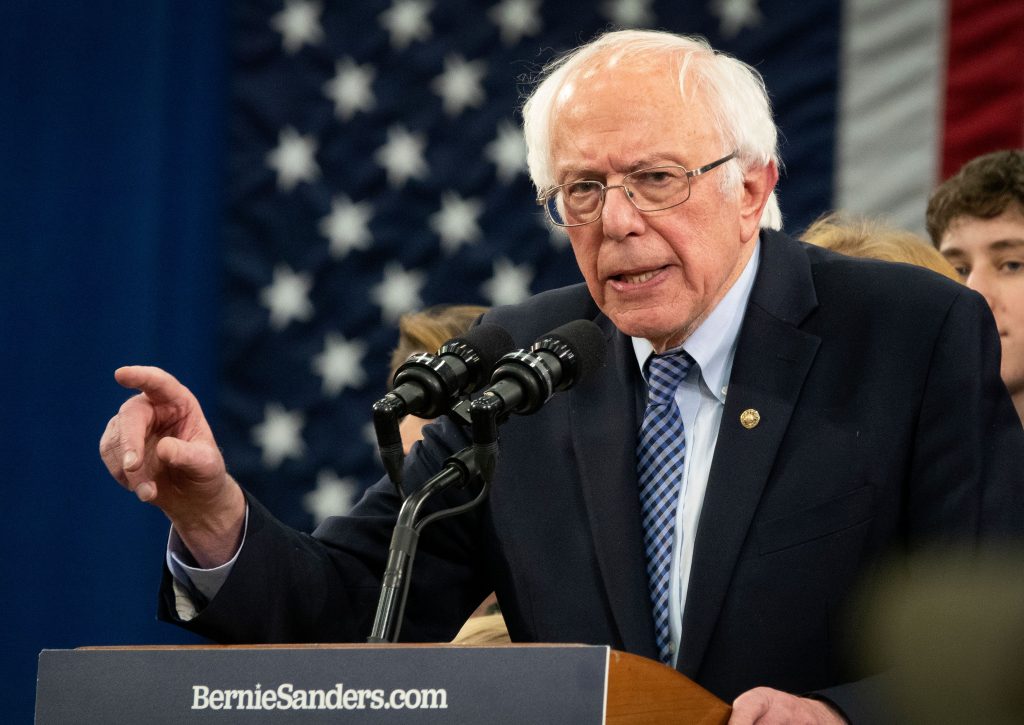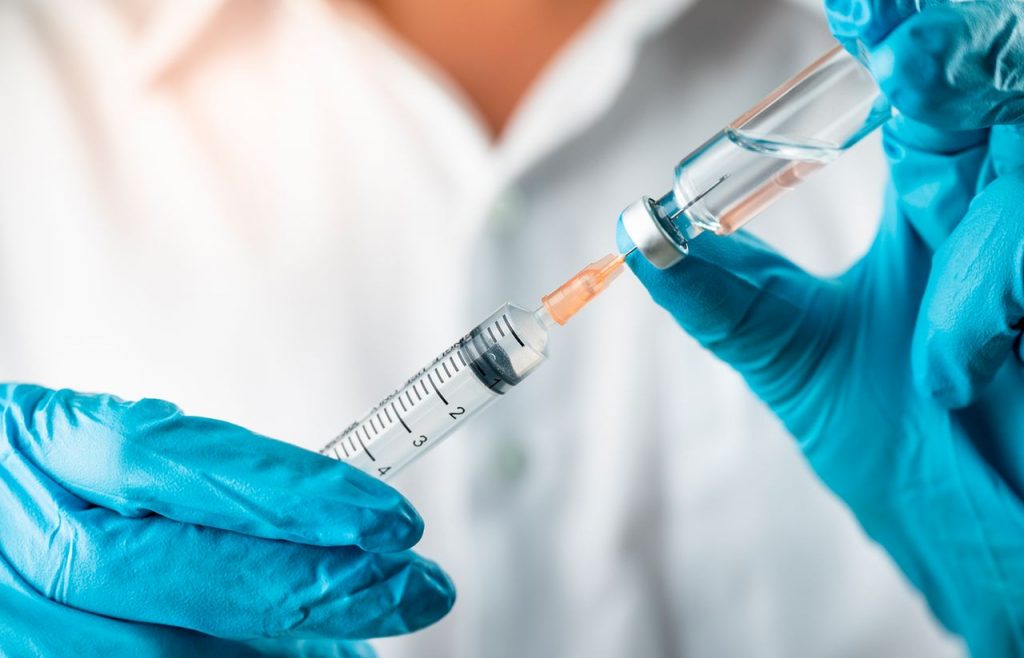Blog
Why Joe Biden Chose Kamala Harris as his Vice-President
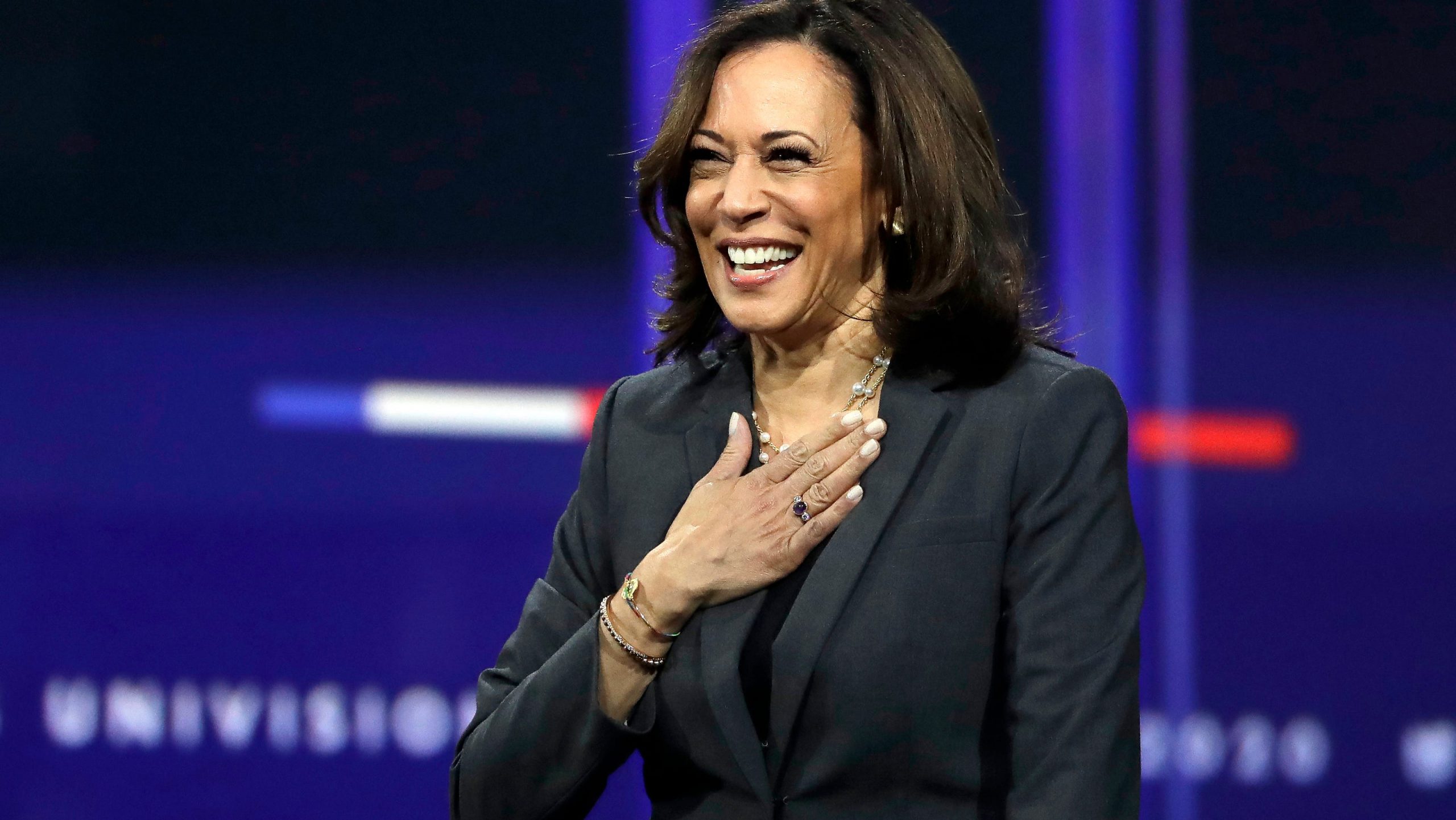
Joe Biden thinks he is going to win the White House in 84 days’ time.
That’s the unmistakable message he sent just after 4 p.m. Eastern time when, via text, his campaign announced that he had picked Sen. Kamala Harris of California as his vice presidential nominee.
Harris, who ran unsuccessfully for the Democratic presidential nomination earlier this year, had been the front-runner to be Biden’s pick for months because, well, she simply made sense.
Consider:
* She’s been vetted on the national stage due to her own 2020 bid
* She has experience in government — as both the California attorney general and as a US senator since 2017
Harris, who ran unsuccessfully for the Democratic presidential nomination earlier this year, had been the front-runner to be Biden’s pick for months because, well, she simply made sense.
* At 55 years old, she represents a younger generation of leader — something that Biden, who will be 78 on Inauguration Day 2021, said was a major factor in his choice
* She is a historic pick as the first Black and South Asian American woman to appear on a major party’s national ticket
* She’s from California, a massive treasure trove of both Democratic votes and Democratic donors
* She emerged as an outspoken voice on race — and the need for police reform — following the death of George Floyd in May and the subsequent protests it sparked around the country
There was no one else on Biden’s VP shortlist that checked so many boxes.
What’s telling is that Biden — and his team — didn’t feel the need to reach for a less predictable pick. They knew that while picking Harris would draw considerable attention, it would also be the thing most people expected them to do. Despite the historic nature of putting Harris on the ticket, Biden and his advisers knew that selecting Harris might be described by some as unsurprising.
But one man’s “unsurprising” is another man’s “safe.” And that’s exactly what Harris is — and what Biden believes he needs.
See, if you are Joe Biden, making your third run for president and ahead in virtually every swing state and nationally over President Donald Trump, every day between now and November 3 you want to do nothing that threatens to change the underlying dynamics of the race. And those underlying dynamics are that this election is a referendum on Trump’s first term in office and, more specifically, the deeply haphazard and erratic way in which he has handled the coronavirus pandemic in the country.
Under that theory of the case, Biden needs to spend most of his time convincing voters that Trump deserves to be fired and a (relatively) small amount of time making sure they believe he could do the job in the incumbent’s place.
What that all means is that Biden wants the race to be about him as little as possible. He doesn’t want to turn this into 2016 all over again, in which Hillary Clinton was forced by Trump to play defense over her time (and emails) at the State Department. He doesn’t want the race to turn into a war of words or a battle to see who can sink lower in terms of personal attacks.
And so, in making the most important decision of his campaign, Biden abided by that approach. He wanted to, above all, do no harm.
Picking former US Ambassador to the United Nations Susan Rice, who saw her fortunes soar in the finals days of the veepstakes, undoubtedly appealed to Biden, since he had the closest personal relationship with her and believed she could help him heal the wounds, internationally, that Trump has created. But Rice’s ties to the attacks in Benghazi, Libya — not to mention her presence in a January 20, 2017, meeting on Michael Flynn — created clear attack lines for Trump’s campaign to turn the spotlight from his flailing bid to Biden and Rice.
Atlanta Mayor Keisha Lance Bottoms was, without question, one of Biden’s most trusted, effective and loyal surrogates throughout the 2020 race. She was with him when no one thought he could come back from dismal finishes in Iowa and New Hampshire. But with her time as mayor of Atlanta being her highest level of experience in elected office, Biden would open himself up to questions about whether she would be ready to take on the top job at a moment’s notice.
California Rep. Karen Bass’ time as speaker of the State Assembly in California and her ability to appeal to Democrats of all ideological stripes made her an attractive choice. But past comments about Fidel Castro and Scientology — and Bass’ shaky responses when pushed on those comments — suggested that she might not be ready for the full glare of the national spotlight.
Harris, by contrast, had no obvious weakness that the Trump campaign would exploit.
Yes, it would note — as it did shortly after the pick was announced! — that she had slammed Biden’s stance on segregated busing in a June 2019 presidential debate. (“Not long ago, Kamala Harris called Joe Biden a racist and asked for an apology she never received,” said Trump campaign spokeswoman Katrina Pierson.) But it’s hard to see that attack doing much damage, given that Biden made history by picking Harris.
Is the he’s-a-secret-racist message really going to resonate given not only that but also a series of examples of Trump weaponizing White animosity toward minorities during his time in office? No way. And, while her prosecutor past in California might rankle some liberals who believed she was too aggressive in policing, it’s equally hard to imagine that liberals — faced with the prospect of four more years of Trump — would abandon Biden because of it.
What Biden did is make the pick that maximized his chances of continuing to make the race a straight referendum on Trump while also selecting someone, in Harris, whose resume suggests will be ready to step in if and when Biden decides to step aside.
This is the VP choice of a confident candidate, and campaign, who believe they are winning. And who believe that, as long they execute the basics of the campaign between now and November 3, Biden will be sworn in as the 46th president on January 20, 2021.


